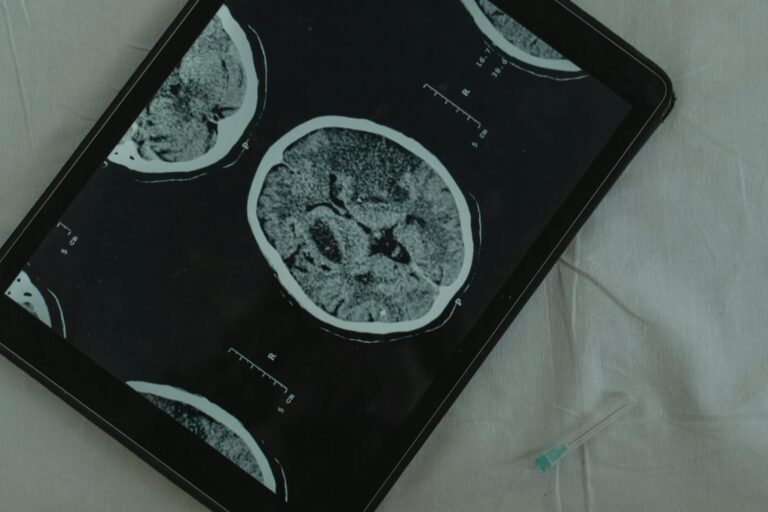Global developmental delay (GDD) is a term used to describe a condition where a child’s development in all areas (physical, cognitive, emotional, and social) is delayed compared to other children of the same age. This means that the child may take longer to reach developmental milestones such as sitting, walking, talking, and interacting with others.
Within the spectrum of global developmental delay, there is a subtype known as mild global developmental delay (MGDD). This article will provide an in-depth understanding of this condition and its impact on a child’s development.
What is Mild Global Developmental Delay?
Mild global developmental delay refers to a milder form of GDD where a child exhibits delayed development in some areas but not all. It is typically diagnosed in children under the age of 5 and is characterized by delays in one or more of the following areas: gross motor skills, fine motor skills, speech and language, social and emotional development, and cognition.
Unlike other forms of developmental delay, MGDD may only be recognized when a child starts attending school and their development is compared to that of their peers. It is important to note that each child develops at their own pace, so a slight delay in development may not always indicate MGDD. Diagnosis of MGDD requires a comprehensive evaluation by a team of healthcare professionals, including pediatricians, developmental specialists, and occupational therapists.
Symptoms of Mild Global Developmental Delay
The symptoms of MGDD vary from child to child and can be difficult to identify in its early stages. Some common signs include:
1. Delays in gross motor skills: Children with MGDD may have difficulty sitting up, crawling, or walking at the expected age.
2. Delays in fine motor skills: Fine motor skills involve the use of small muscles to perform tasks such as holding a spoon, picking up small objects, or drawing. Children with MGDD may have difficulty with these tasks.
3. Speech and language delays: Children with MGDD may take longer to start talking, have limited vocabulary, or difficulty communicating their needs.
4. Social and emotional delays: Children with MGDD may struggle with social interactions, such as making eye contact, sharing or taking turns. They may also have difficulty regulating their emotions.
5. Cognitive delays: This refers to delays in thinking and problem-solving skills. Children with MGDD may have difficulty understanding concepts, following instructions, or completing tasks.
Causes of Mild Global Developmental Delay
The exact cause of MGDD is often unknown, but it can be attributed to a variety of factors, including genetic conditions, prenatal and perinatal complications, and environmental factors. Some children may be born with certain genetic disorders that can affect their development, while others may have experienced complications during pregnancy or childbirth that can lead to MGDD.
Environmental factors such as malnutrition, exposure to toxins, or trauma can also contribute to mild global developmental delay. It is important to note that no parent or caregiver is responsible for causing MGDD in a child.
Treatment and Management of Mild Global Developmental Delay
Early intervention is key in managing MGDD. With timely and appropriate support, children with MGDD can make significant progress in their development. Treatment plans are tailored to each child’s specific needs and may include a combination of therapies such as physical therapy, occupational therapy, speech therapy, and behavioral therapy.
A supportive and nurturing environment at home and in school is also crucial for children with MGDD. Parents and caregivers can work closely with healthcare professionals to identify activities and strategies that can help their child develop new skills.
It is important to note that children with MGDD may continue to face challenges in their development as they grow older. Regular monitoring and follow-up with healthcare professionals is necessary to track their progress and provide ongoing support.
Conclusion
In conclusion, mild global developmental delay is a condition that affects a child’s overall development and can lead to delays in various areas such as motor skills, speech and language, social and emotional development, and cognition. It is important for parents and caregivers to be aware of the signs and symptoms of MGDD and seek early intervention if they suspect their child may have this condition.
With the right support and interventions, children with MGDD can make significant progress in their development and lead fulfilling lives. Remember, every child is unique, and with love, patience, and understanding, children with MGDD can reach their full potential.





